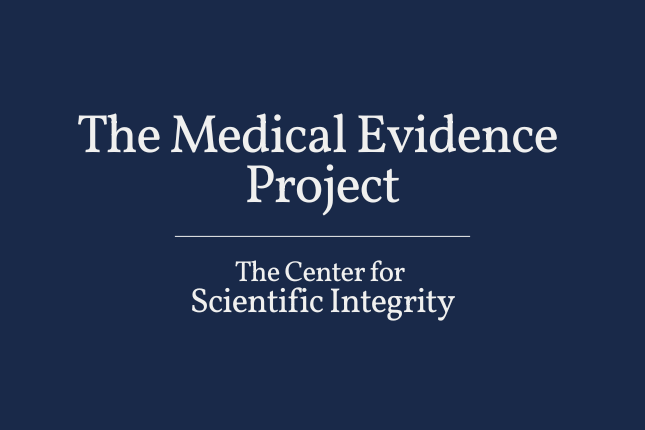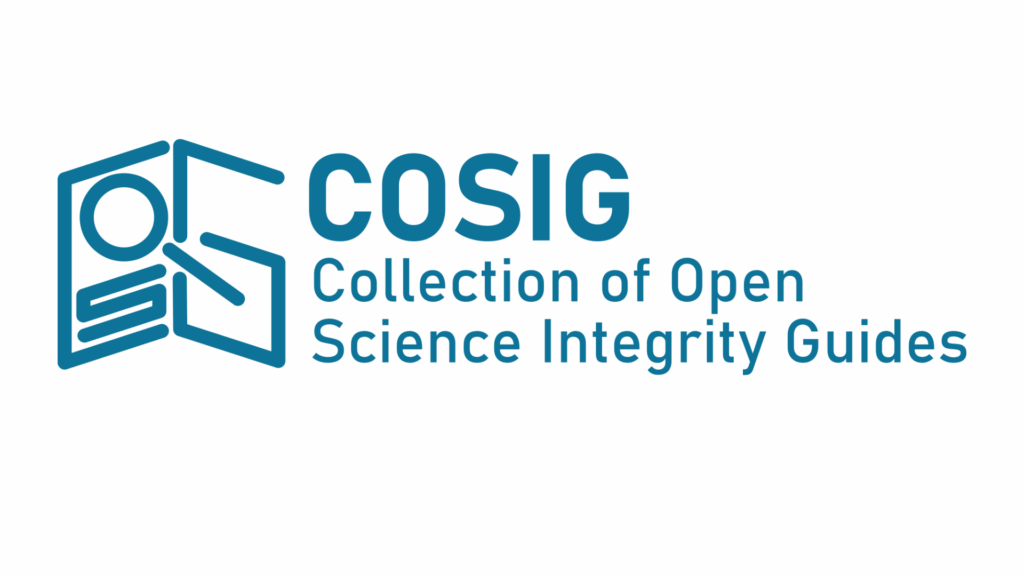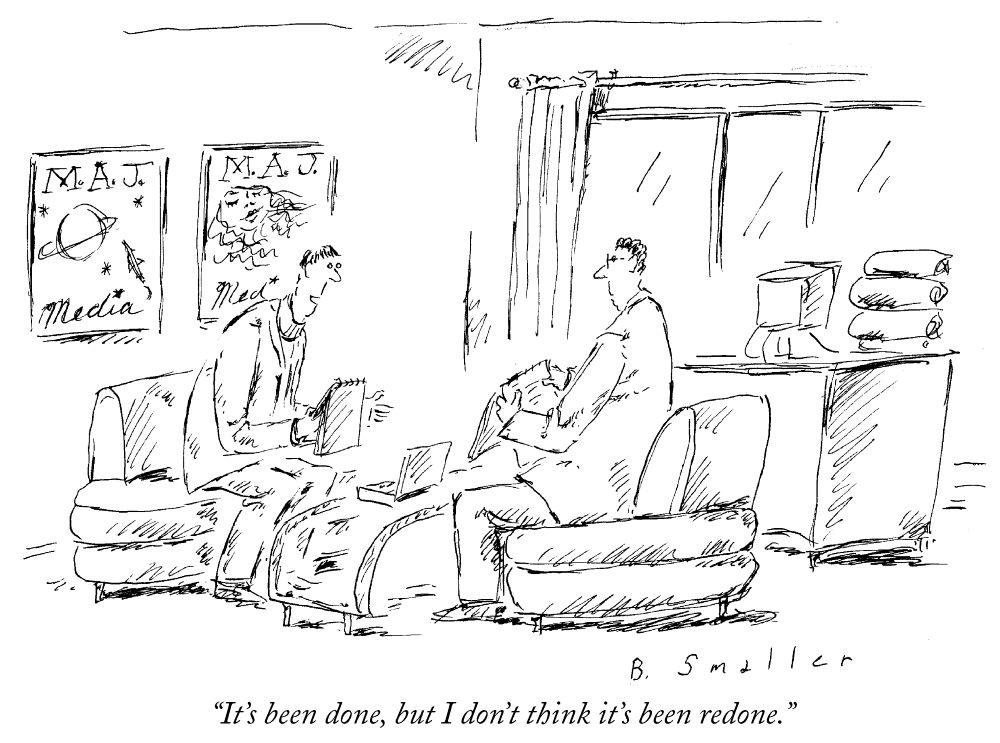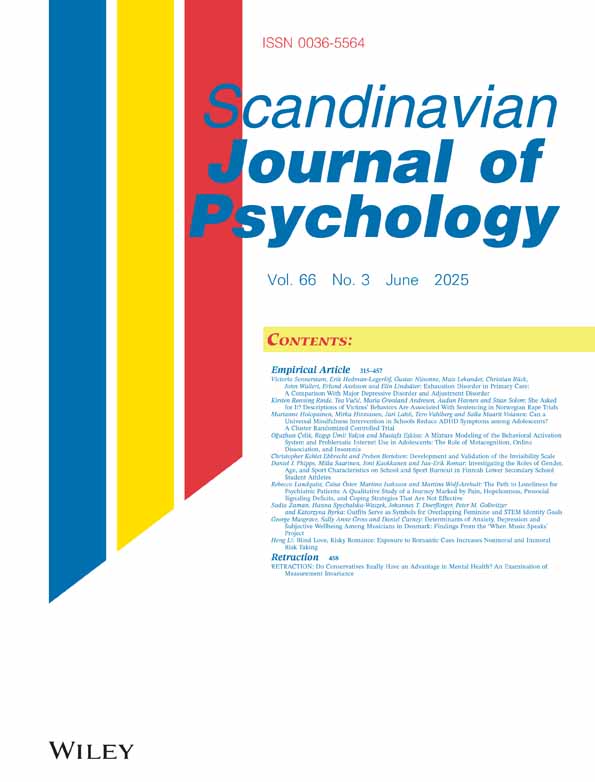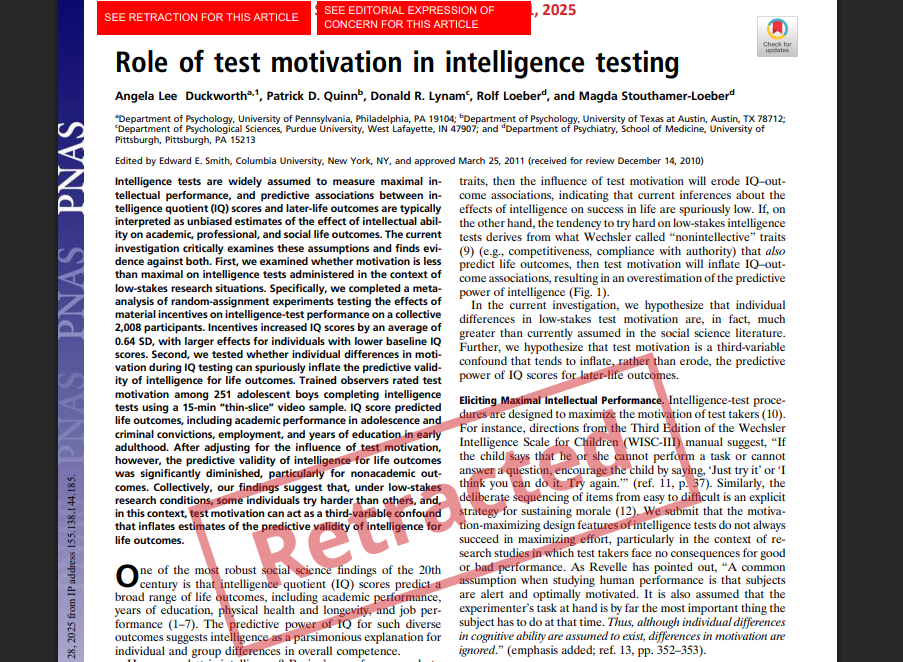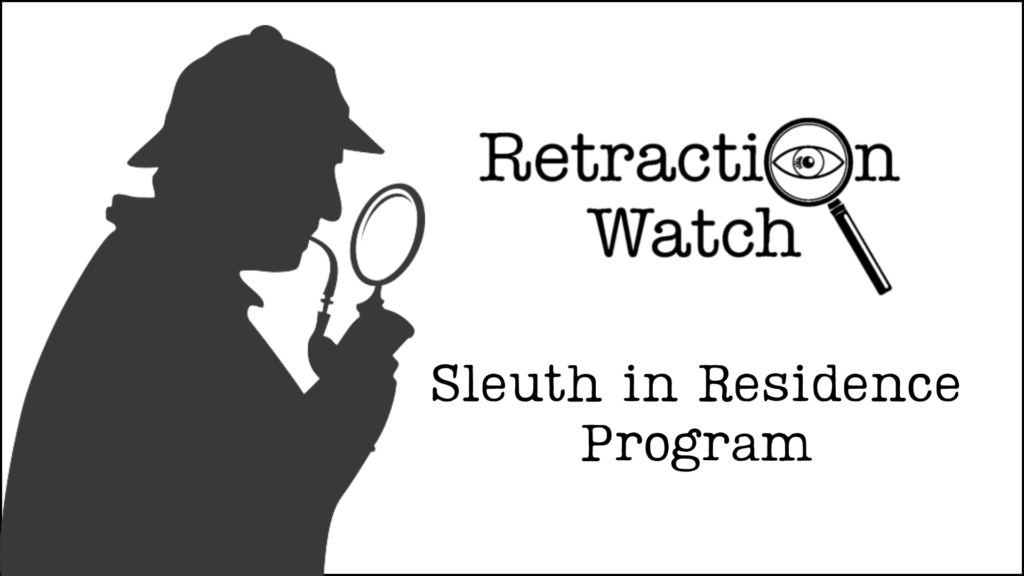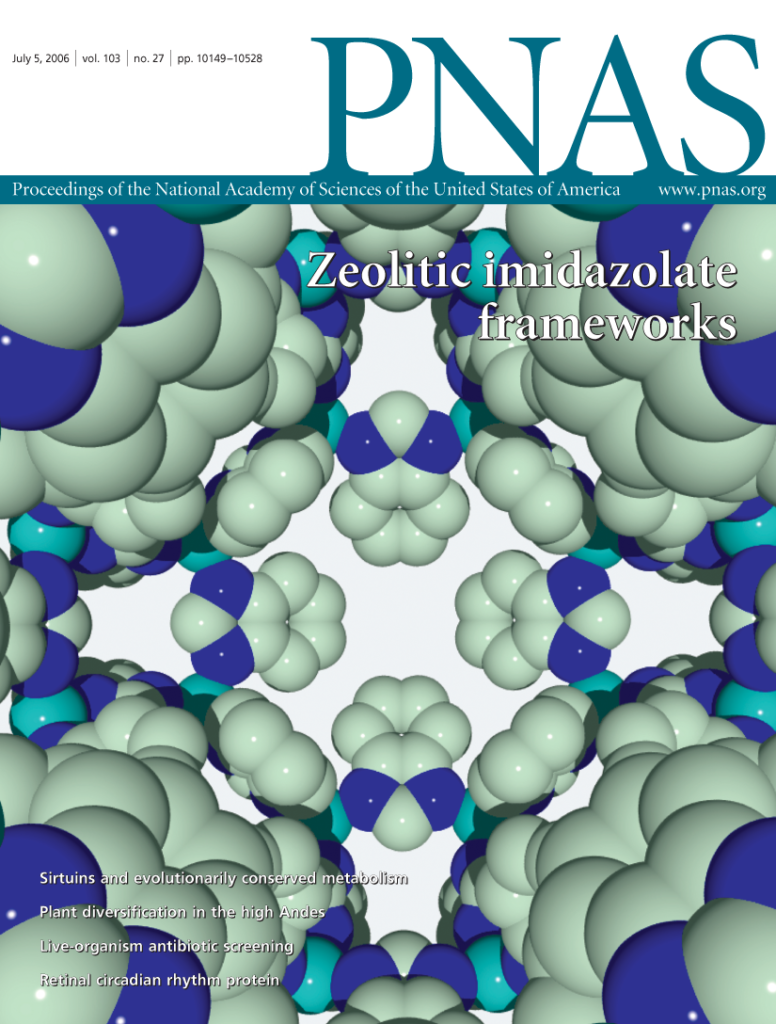The Center for Scientific Integrity, the parent nonprofit of Retraction Watch, has launched a new initiative to investigate and rapidly disseminate problems in the medical literature that directly affect human health.
Thanks to a $900,000 grant from Open Philanthropy, the Medical Evidence Project will leverage the tools of forensic metascience — using visual and computational methods to determine a paper’s trustworthiness — to rapidly identify problems in scientific articles, combined with the experience and platform of Retraction Watch to disseminate those findings.
“We originally set up The Center for Scientific Integrity as a home for Retraction Watch, but we always hoped we would be able to do more in the research accountability space,” said Ivan Oransky, executive director of the Center and cofounder of Retraction Watch. “The Medical Evidence Project allows us to support critical analysis and disseminate the findings.”
Continue reading $900,000 grant to Retraction Watch’s parent organization will fund forensic analysis of articles that affect human health